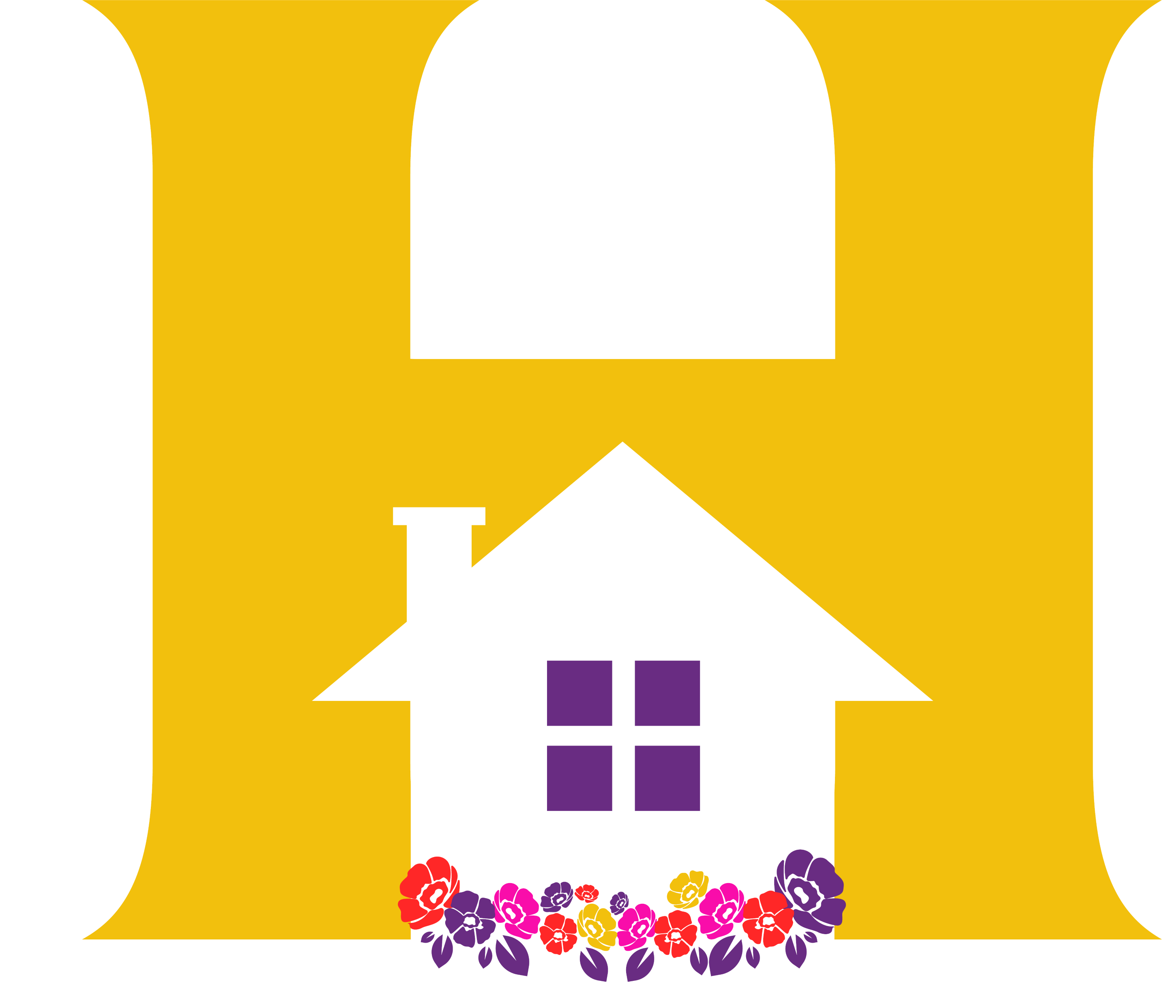The idea of ‘toxic people’ has been getting a lot of attention on social media platforms as of late, and rightly so.
A recently published study established a direct link between the stress from unhealthy relationships and health. Following 10,000 people over 12 years, the researchers found that people in some form of toxic relationship were more likely to suffer from conditions such as heart disease later in life.
With unhealthy relationships potentially having a detrimental effect on your health, it is important to know how to spot toxic behavior. Whether it be friends, family members, or even yourself – everyone can exhibit unhealthy behavior.
As such, it is not only important to know how to spot it, but also what you can do about it. If you find some of the toxic traits described in this article in yourself, remember that awareness is the first step. Read more on how to deal with toxic people, how to differentiate between toxicity and abuse, and where to get help.

Photo by Roberto Nickson on Unsplash
Examples of Toxic Behavior
The following traits are just a few examples of what toxic behavior can look like.
However, keep in mind that there is a difference between one instance of toxic behavior, and repeated unhealthy negativity. For example, someone making you feel bad while you are fighting is different from someone who constantly brings you down.
Remember that toxic traits do not necessarily make someone a ‘toxic person’.
- They constantly put you down
- You cannot trust them
- They always need to be the center of attention
- They don’t accept you for who you are
- You cannot be yourself around them
- They are judgmental
- They manipulate you and play others against you
- When you are constantly giving more than you are getting
- When you don’t like yourself when you’re with them
- You cannot depend on them
- They blackmail you emotionally
- Your family setting unrealistic standards, i.e. you having to act as the parent
- You don’t feel loved, supported, or respected
Whether someone is toxic often comes down to a gut feeling. For instance, your partner yelling at you because you accidentally broke their mug does not necessarily make them toxic. Though they could have reacted differently, they might have simply had a bad day.
However, if your partner yells at you daily and constantly makes you feel bad, this would arguably classify as toxic and unhealthy. But when is it abuse?

Photo by _Mxsh_ on Unsplash
Differentiating between abusive and toxic behavior
As abusive relationships can also be described as toxic, it can be hard to differentiate between what constitutes as toxic or abusive behavior.
Generally speaking, many understand toxic traits to be inherently part of a person’s character, whereas abuse is a conscious choice.
Contrary to toxicity, abuse is mainly about control. Whereas toxic behavior often comes down to someone losing control, abuse is generally about a person trying to take control. Remember that abuse doesn’t have to be physical – it can be verbal, emotional, or even economical.
However, differentiating between toxic and abusive behavior is not always black and white. Often, it simply comes down to your gut feeling.
Both toxic and abusive relationships can cause serious harm and trauma. Reach out for help if you need it.
Where to get help
If you are in an abusive relationship – whether with your partner or a family member – remember that there are people and places that can help you.
USA
- National Domestic Violence Hotline: 1-800-799-7233
- Childhelp National Child Abuse Hotline: 1-800-422-4453
- National Human Trafficking Hotline: 1-888-373-7888
- Free Crisis Text Line: Text 741741
- National Suicide Prevention Lifeline: 1-800-273-8255
- Rape Abuse and Incest National Network: 1-800-656-4673
- LGBT National Hotline: 1-888-843-4564
Worldwide
- A list of helplines for 46 European countries
- Worldwide abuse helplines
- List of national suicide hotlines, worldwide
Safe Harbor International Ministries also offers support groups for women who have been in abusive relationships.
If you feel like you need help or someone to talk to, remember that there is never any shame in it and that reaching out is a sign of immense strength.

Photo by Dan Meyers on Unsplash
Toxic relationships: What you can do
When you think that you might have a toxic friend or family member in your life, it is important to take steps to take care of yourself.
Setting boundaries in friendships can be important to maintain a healthy relationship and it is equally important for you to carve out some time for yourself. Practice detachment and put your interests first.
However, one of the most important things you should do is to talk to someone about what you are experiencing. It might be a friend, your sibling, or a professional hotline worker, but if you are suffering from an unhealthy relationship, you need to open up to someone.
Though it might not be easy at first, you might also consider cutting ties with that person, particularly if it is a ‘friend’. Only you can know when it might be time to leave a certain person behind. However, if they constantly put you down and make you feel bad about yourself, it is worth considering.
Trust your gut and put yourself first.
Written by Samira Rauner, blogger at Safe Harbor International Ministries. For more articles, visit our blog page at https://safeharborim.com/articles/.


0 Comments